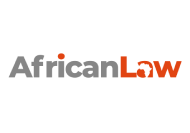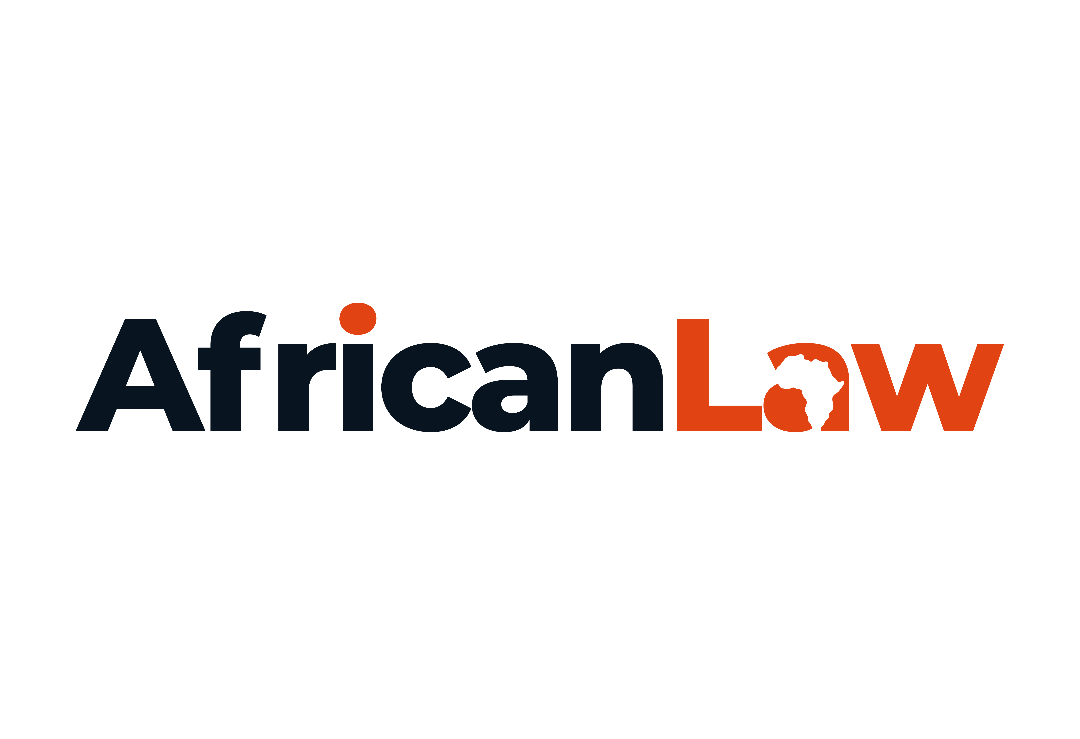Long-Term Investments Shaping the Nation
The PSE, launched in 2014, is Senegal’s blueprint for achieving emerging economy status by 2035, built on four pillars: economic transformation, human capital, governance, and financing. Infrastructure development is central, with investments in transport, energy, and digital systems driving a projected GDP growth of 8.8% in 2025, up from 6% in 2024, according to the International Monetary Fund (IMF). Key projects include:
Blaise Diagne International Airport (AIBD) - Operational since 2017, AIBD, located 50 km from Dakar, is a world-class aviation hub with a current capacity of 3 million passengers annually, expandable to 10 million. Managed by Turkish firms Limak and Summa under a 25-year PPP concession, it enhances Senegal’s role as a regional logistics hub, connecting to global cities like Paris, London, and Dubai via Air Sénégal and other carriers.
Dakar Regional Express Train (TER) - This high-speed rail links Dakar to AIBD (57 km) in under 45 minutes. Phase I (Dakar to Diamniadio, 36 km) is operational, and Phase II (Diamniadio to AIBD, 19 km) was completed in 2023, with seven additional trains added. Funded by the African Development Bank (AfDB) and International Development Bank (IDB), TER reduces travel time and supports urban mobility.
Dakar Bus Rapid Transit (BRT) - Launched in Q4 2023, this 18.3-km electric bus system serves 300,000 passengers daily across 14 communes, cutting travel times from 95 to 45 minutes. Supported by the World Bank and European Investment Bank, this project promotes sustainable urban transport.
Dakar-Thiès-Tivaouane-Saint Louis Highway - This 200km roadway, under construction with funding from the World Bank, AfDB, and Saudi Fund, enhances connectivity to northern Senegal’s agricultural and mineral-rich regions, integrating with trans-African corridors like Dakar-Lagos.
Port of Ndayane - A USD1.2 billion deep-water port developed by DP World, set to be operational by 2028, will ease congestion at the Port of Dakar and boost trade by USD15 billion by 2035, reinforcing Senegal’s logistics hub status.
Energy Infrastructure - Senegal is diversifying from oil and hydrocarbons to natural gas and renewables. The Greater Tortue Ahmeyin (GTA) LNG project, operated by BP and Kosmos Energy, began production in Q4 2024, with 15 trillion cubic feet of recoverable gas, enhancing energy security. The Niakhar Solar Power Station (30 MW with 15 MW/45 MWh battery storage) and other solar projects, backed by USD40 million from the West African Development Bank, support Senegal’s goal of 40% renewable energy by 2030.
These projects, supported by a 2021 PPP law, reduce government debt burdens by encouraging private investment, with USD2.64 billion in FDI inflows in 2023 and 335 greenfield projects announced.
Legal Insights
PPP Frameworks - The 2021 PPP law streamlines private sector participation, offering tax exemptions and clear bidding processes. Investors must ensure compliance with the Public-Private Partnership Contracts Law (Law No. 2021-23), which mandates transparency in tenders and risk allocation. AfricanLaw’s legal experts can assist in drafting PPP agreements, ensuring compliance with the Ministry of Economy’s guidelines.
Land Acquisition and Resettlement - Projects like TER and the Dakar-Diamniadio-AIBD Toll Highway involve land acquisition, requiring adherence to the Land Code (Law No. 2011-07) for fair compensation and resettlement, as seen in the Tivaouane Peulh project. Legal due diligence is critical to avoid disputes with local communities.
Aviation and Maritime Regulations - AIBD and Ndayane Port operations must comply with the Civil Aviation Code and Maritime Code, respectively, overseen by the National Civil Aviation Agency (ANACIM) and Port Authority. AfricanLaw’s lawyers provide expertise in licensing and regulatory compliance for transport projects.
What This Means for Investors and Local Stakeholders
For international investors, Senegal presents a unique opportunity. The state’s stability, proactive regulatory frameworks, and public-private partnership (PPP) mechanisms make it an attractive destination. Infrastructure developments are not happening in a vacuum—they are backed by clear government policy and international financing.
For local businesses, these projects are unlocking new markets, improving supply chains, and creating opportunities to scale. However, capitalising on this momentum requires careful navigation of regulatory and contractual frameworks—especially in PPPs, land use, and procurement processes. Getting it wrong can mean costly delays. Getting it right opens the door to long-term growth.
Legal Considerations
Contractual Clarity - Investors must navigate complex contracts under the Investment Code (Law No. 2004-06), which offers incentives like tax holidays.
Dispute Resolution - Senegal’s regulatory environment can be unpredictable, with limited case law databases complicating precedent reliance.
Local Content Requirements - The GTA and other energy projects mandate local content under the Petroleum Code (Law No. 2019-03), requiring investors to prioritize Senegalese labor and services. AfricanLaw legal experts offer compliance audits to meet these obligations.
Bridging Gaps and Building Capacity
Despite the progress, challenges remain. Bureaucratic delays, funding gaps, and skills shortages could hinder project delivery if not addressed decisively. This is where technical expertise, local insight, and legal acumen become essential—not just during project execution but from project inception through to operations and monitoring.
That’s where we come in. Our team of Senegal-based infrastructure and legal professionals brings deep sectoral knowledge and local fluency to guide stakeholders through every phase of a project—whether you’re investing, developing, or partnering on government-led initiatives.
Ready to Build With Confidence?
Senegal’s infrastructure boom is more than a trend, it’s a strategic pivot with lasting impact. To capitalize on these opportunities, stakeholders need legal acumen to navigate PPPs, land laws and energy regulations. Reach out to us today to explore how our infrastructure advisory services can help you navigate Senegal’s fast-evolving development landscape and secure your place in its dynamic future.

















